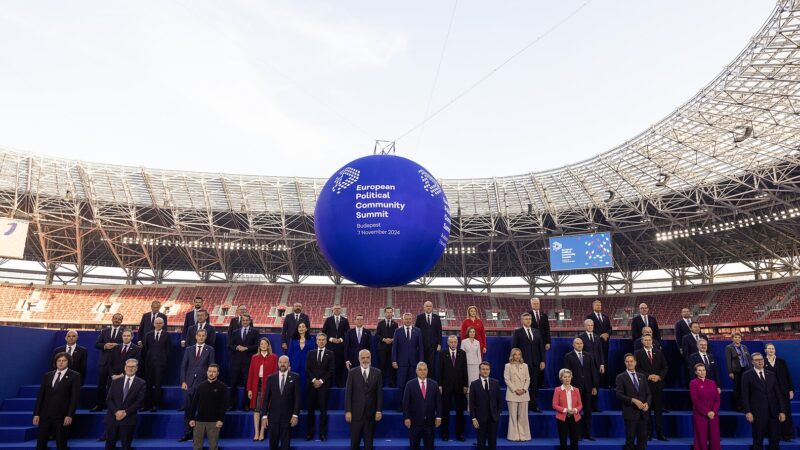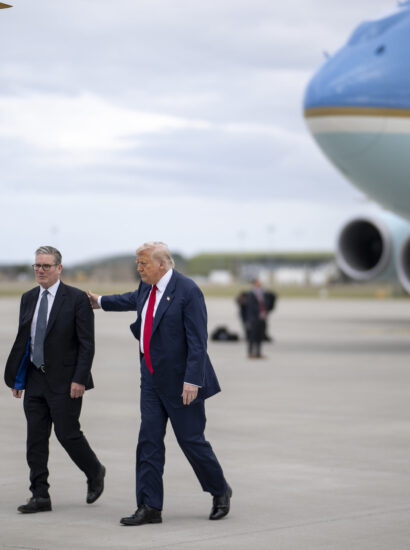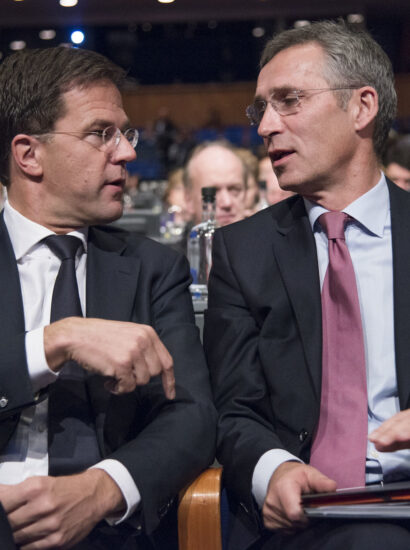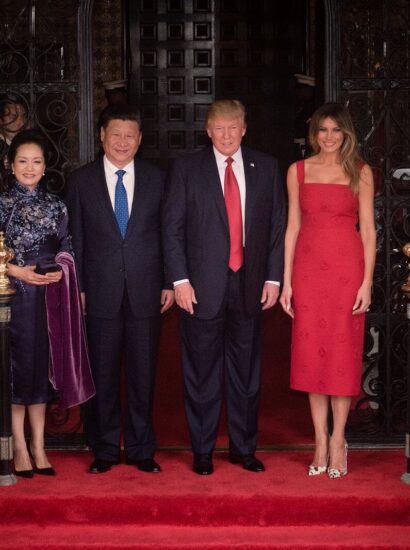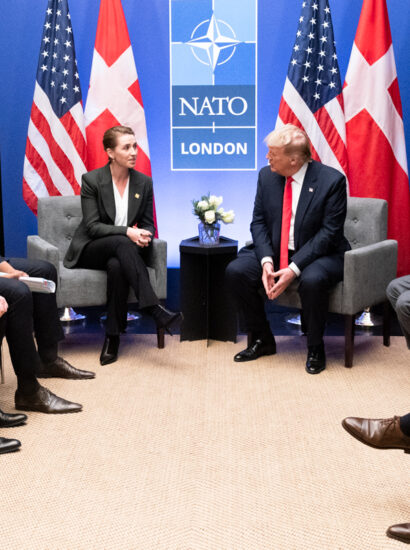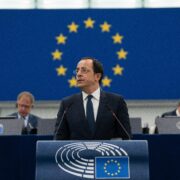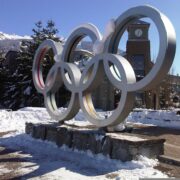On the basis of the mere number of participants (42 of the 47 invited Heads of State or Government were present), the European Political Community (EPC) meeting in Budapest on 7 November can be recorded as a success. Even if German Chancellor Olaf Scholz canceled his participation due to the collapse of the German government coalition and Spanish Prime Minister Pedro Sánchez due to the flood disaster in Valencia, although by the informal EU summit a day later they had both joined their colleagues in the conference center in the Puskas stadium. However, Turkish President Recep Tayip Erdogan and British Prime Minister Keir Starmer, the host of the previous EPC summit held at the beginning of July, were present. Both leaders raise the rank of pan-European summits held at six-month intervals, given that they are politically, militarily and economically the leaders of the two most important European states that are not members of the European Union (but members of NATO).
Without Britain and Turkey, this new European cooperation framework created after and as a result of the Russian aggression against Ukraine, which provides an opportunity to discuss various aspects of European security in an informal form, would not make much sense.
Indeed, 37 of the 47 participants are current or future members of the EU, and the remaining countries, with the exception of Norway and Switzerland, are mostly mini-states.
Erdogan did not go to two of the five meetings so far, so his participation in Budapest can be attributed not only to his cordial relationship with the Hungarian Prime Minister, but also to Turkey’s personal interest in the dialogue within the framework of the EPC amid the current geopolitical tensions. The participation of the Turkish leader was also particularly valuable for Viktor Orban, the host of the two-day summit derby, after he tried to prove to the Hungarian public that, contrary to all claims, he is not internationally isolated with the two events.
The European Political Community Might Just Be The Forum For Some
The European Political Community, which was established on the initiative of President of the French Republic Emmanuel Macron is a good opportunity for the participants to discuss current security issues, but also to build trust and – as in the case of Azerbaijan and Armenia – to resolve bilateral tensions. The fifth meeting, in order, had two main themes, which were first discussed by the Heads of State or Government in plenary session with the participation of all and then in smaller groups. One is economic security and, as a contribution to it, connectivity in the fields of energy, transport, digitalization and trade. The other is action against irregular migration, which today is an equally current topic for source, transit and destination countries alike.
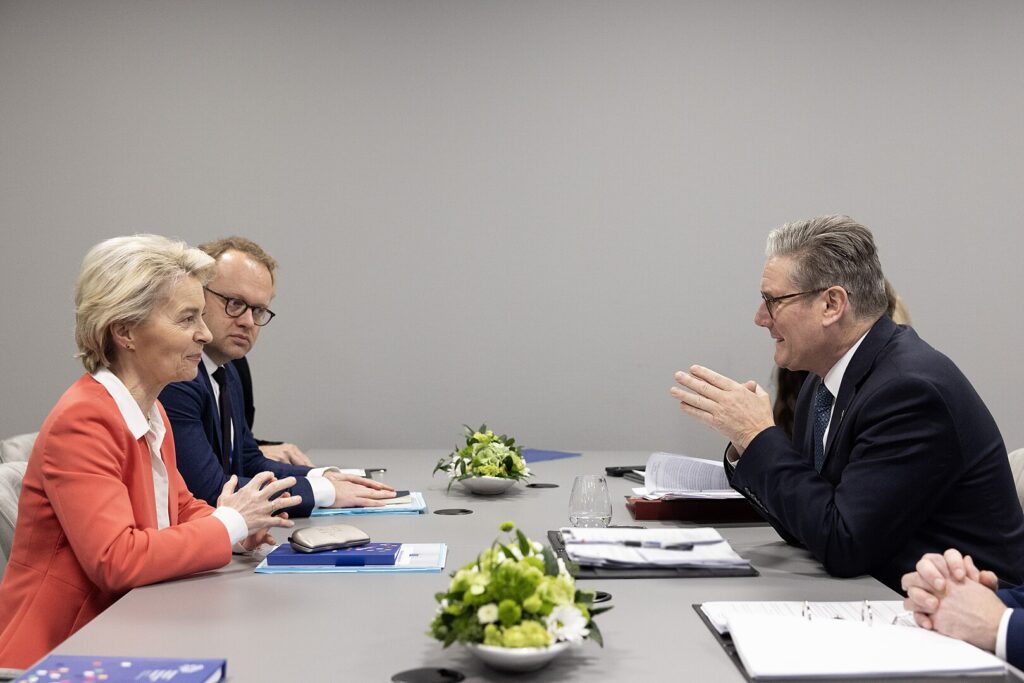
Prime Minister Keir Starmer meets Ursula Von Der Leyen, president of the European Commission as he attends the European Political Community Summit. (Photo by Simon Dawson / No 10 Downing Street)
However, the Budapest gathering had an even more timely topic of interest to everyone, namely the clear success of Donald Trump in the US presidential election. For the EU members of the EPC, the discussion of the topic within such a framework was also a warm-up before the strategic discussion of the EU27 on how the Union should relate to the result that seems unfavorable to it and the person and expected politics of the Republican candidate. It is hardly surprising that the majority opinion emerged at both summits that Europe should play a greater role in the future for its own security. Who else but the originator, President Macron, put it most plastically when he said that „we cannot delegate our security to America” forever. The French president also warned that „Europe cannot become a weak herbivore among predators. Instead, it must be an omnivore capable of cooperation and, if necessary, independent action is”.
The EU, already mentally friendly to Trump’s return, tried to avoid panic reactions and take a pragmatic position.
EPC: President Trump’s True Partner?
Among the EU27, the approach seems to prevail that, instead of sending messages and threats, they try to pull a string of honey in front of Trump, who, even as a political leader, typically thinks and behaves like a businessman. As a testimony to this, Commission President Ursula von der Leyen announced at the press conference following the EU summit that the EU could possibly replace Russian LNG exports with American LNG gas.
In the new situation, and this does not even require Trump’s shadow, the European Union is also placing competitiveness at the center of its political agenda, perhaps now more seriously pursuing the solution of problems that bind its competitiveness, such as three to five times the price of electricity and natural gas compared to the American price, overregulation and the lack of a single, cross-border capital market. In any case, the declaration of competitiveness adopted in Budapest is not poor in pledges, and this will also be the guiding thread of the five-year mandate of the new European Commission voted by the European Parliament in the past few days.
There is already understandably less information available on what the participants have come up with in the wider range offered by EPC about the political change in the USA, which will affect everyone in one way or another. The information grey zone has something to do with the nature of the European Political Community, with its offer of discrete frameworks for European leaders to discuss the issues which concern them and their countries most but which are of common interest.
This is probably one of the main attractions of the EPC, which is that it is not necessary to occasionally reconcile sharply different positions and adopt texts based on the highest common denominator.
The process is neither institutionalized nor are there preparatory structures, except that the host country (an EU member and a non-EU country take turns) is always responsible for the agenda.
Taking The Long Way… Back?
Although the presidents of the European Council and the European Commission are among the invited guests, the EU is not part of the EPC as an independent subject, where the leaders of governments representing member states sit around the table. An ambivalent attitude towards the process can also be felt on the part of the institutions of the European Union. The EPC has not taken particular root in the thinking of the institutions, but at the same time it comes into play in situations where the high-level dialogue between the EU and, for example, Turkey is frozen.
At the beginning, many people thought they discovered an intention to replace enlargement behind the initiative, but even if there was such an ulterior motive, it was swept aside by the geopolitical realities that encourage the European Union to add new members and fill the gray zones found on the EU map. The cooperation framework could also help develop a more coherent approach in a number of policy areas. Some people also see a new OSCE without Russia and Belarus in the EPC, although the only thing that can be said for the future is that President Macron’s child was only the product of a specific political situation, or something lasting could develop from it.
In Brussels, in any case, high-ranking member state diplomats and institutional sources are more skeptical about the future of the new formation. The senior diplomat of a larger member state, for example, recently questioned the meaning of regular summits that take place every six months in a background discussion. Others, on the other hand, see fantasy in it and support the institutionalization of the EPC.

